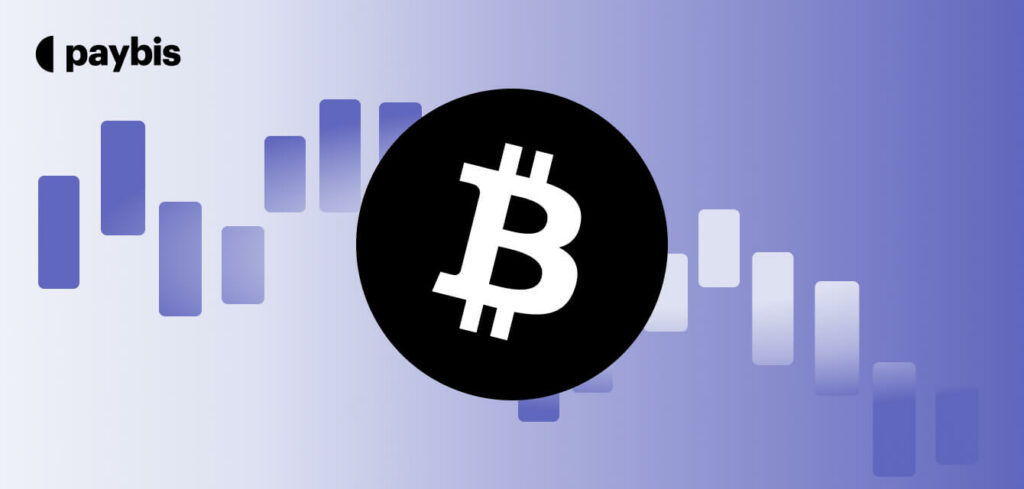Immutability
Immutability refers to the inability to alter or delete data once it has been recorded on the blockchain. By using cryptographic features, immutability provides a high level of data integrity and security, making blockchain an attractive solution for applications such as financial transactions and supply chain management.
Table of contents
What is Immutability?
Immutability is the property of a system where once data is written, it cannot be changed or deleted. In blockchain technology, this ensures that records are permanent, tamper-proof, and secure, as each data block is cryptographically linked to the previous one, making alterations extremely difficult.
How is Immutability Achieved in Blockchain Systems?
Immutability is one of the most defining and valuable characteristics of blockchain technology. The following are ways through which it works:
- Cryptographic Hashing: Each block in a blockchain contains a cryptographic hash of the previous block, creating a chain of blocks linked together. A cryptographic hash is a unique identifier for data, produced by a hashing algorithm, which ensures that any change in the data will result in a completely different hash.
- Consensus Mechanisms: Blockchain networks use consensus mechanisms like Proof-of-Work (PoW), and Proof-of-Stake (PoS), to agree on the validity of transactions and blocks. This makes it difficult for any single entity to alter the blockchain without gaining control over the majority of the network’s computational power or stake.
- Decentralization: The decentralized nature of blockchain means that data is stored across multiple nodes rather than a single central server. Any attempt to alter the data would require altering it on a majority of the nodes simultaneously, which is practically impossible for large, well-distributed networks.
Benefits of Immutability
The following are some of the benefits of immutability in systems such as blockchains:
- Data Integrity and Security: Once data is recorded on a blockchain, it cannot be changed or deleted, ensuring the integrity and accuracy of the information. This makes blockchain an ideal solution for maintaining secure and reliable records.
- Transparency and Trust: The immutability of blockchain fosters trust among participants because everyone can independently verify that the data has not been tampered with. This is particularly valuable in industries where trust is paramount, such as finance, healthcare, and supply chain management.
- Auditability: Immutable records make auditing processes straightforward and reliable. Auditors can trace every transaction back to its origin without worrying about data manipulation, thus enhancing accountability and compliance.
- Prevention of Fraud: The difficulty of altering blockchain data makes it highly resistant to fraud and malicious activities. Any attempt to alter the transaction history would require an impractical amount of resources and coordination, acting as a significant deterrent to fraudulent behavior.
What are some of the Challenges of Immutability?
While immutability provides many benefits, it can also pose challenges in terms of:
- Scalability: As more data is added to the blockchain, the size of the blockchain grows, potentially leading to storage and performance issues over time.
- Error Handling: Immutability means that errors, once recorded, cannot be corrected on the blockchain. Instead, corrective transactions must be issued, which can complicate the data structure and interpretation.
- Regulatory Compliance: The immutable nature of blockchain can sometimes conflict with regulatory requirements, such as the EU’s General Data Protection Regulation (GDPR), which grants individuals the right to be forgotten.
Conclusion
Immutability is a cornerstone of blockchain technology, providing data integrity, security, and trust. While it offers significant advantages in ensuring transparent and tamper-proof records, it also brings challenges related to scalability, privacy, and regulatory compliance.
Browse the Paybis Glossary to master more web3 lingo!
Alternatively, explore related terms and articles below.
Disclaimer: Don’t invest unless you’re prepared to lose all the money you invest. This is a high‑risk investment and you should not expect to be protected if something goes wrong. Take 2 mins to learn more at: https://go.payb.is/FCA-Info


